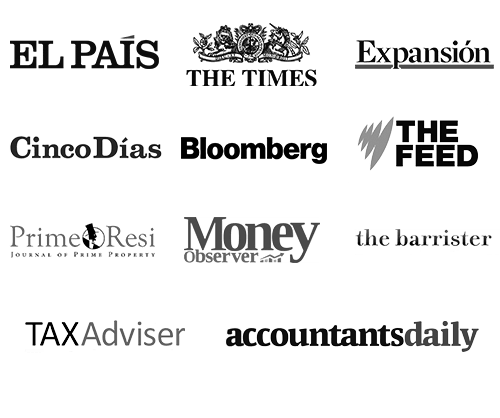HMRC has an ambitious plan against tax evasion that is raising doubts among industry professionals and tax advisors.
The British Treasury has launched a plan to prevent tax fraud which seeks to impose sanctions of up to 100% of the taxes evaded. The plan is a continuation of the anti-fraud measures developed by the former Chancellor, George Osborne.
These initiatives will be applied to accountants and tax advisors involved in operations of tax optimization declared illegal and also to those involved in the process: independent consultants, lawyers and bankers.
In addition, in its new plan the British Treasury seeks to impose additional charges on companies that hinder or obstruct its investigations on tax fraud.
Another measure has been to impose fines on professionals and consultants who have participated in tax planning operations that have lost the case in court. However, it is at this point where the controversy has emerged as the British Treasury intends for suspects of tax evasion to prove that they actually avoided committing offenses in their tax returns.
Currently, the burden of proof, ie the obligation to prove that indeed someone has intentionally evaded taxes resides in the HMRC. However, in this new plan, that body aims to reverse the burden of proof on the grounds that it will make more difficult for possible tax evaders to hinder its research on fraud.
In this regard, in addition to the legal questions raised by this measure, the plan is being criticized because it risks affecting citizens who have no real intention to evade taxes. Also because it may penalize professionals who are working on perfectly legal tax optimization plans and therefore have not committed any crime.
Thus, the Chartered Institute of Taxation (CIOT) regrets that the Treasury has not included in this plan a program to guarantee taxpayers access to legal advice or information about tax evasion.
While the fight against tax fraud is necessary to ensure a stable legal certainty it should not include measures that introduce doubts on the system, especially from the institutions themselves.
If you have legal questions about the effects of fiscal policy in the UK on your investments, savings or assets please feel free to contact us and we will advise on clerk@delcantochambers.com.
Del Canto Chambers’ Editorial Board




